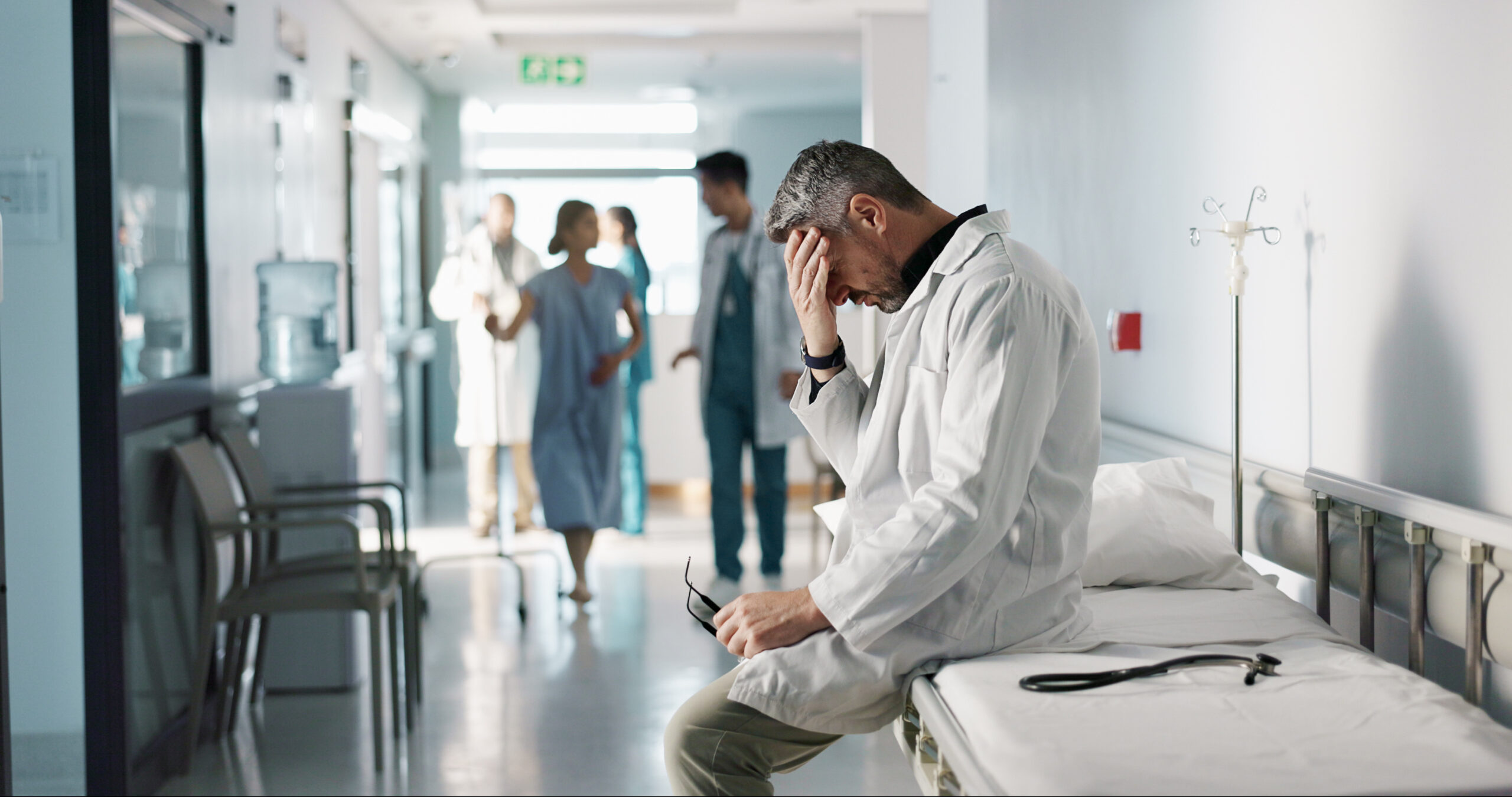As an emergency physician with more than two decades of experience, I can tell you that the job is equal parts rewarding and demanding. There’s a unique satisfaction in knowing you’ve made a difference in someone’s life during their most vulnerable moments. But this work doesn’t come without a cost. Emergency medicine, by its very nature, is high-stress, fast-paced, and emotionally taxing. Over time, it can take a toll on your mental, emotional, and physical well-being if you don’t actively work to counterbalance the demands of the profession.
For me, maintaining balance has been a journey of trial, error, and self-discovery. Along the way, I’ve learned the importance of prioritizing wellness and building resilience—not just for myself but also for my family and the patients I serve. The healthier and more grounded I am, the better physician I can be.
The Weight We Carry
When I first began my career, I underestimated how heavy the emotional weight of this job could be. Every shift in the emergency department brings with it a mix of triumphs and tragedies. One moment you’re celebrating a successful resuscitation; the next, you’re delivering devastating news to a grieving family. It’s an emotional rollercoaster, and without the right tools, it’s easy to carry those moments with you long after the shift ends.
Emergency physicians are also prone to burnout, a condition that’s become alarmingly common in healthcare. Long hours, unpredictable schedules, and the pressure to perform at your best—often with limited resources—create the perfect storm for exhaustion. Add to that the expectation to compartmentalize emotions and stay stoic under pressure, and you have a recipe for physical and mental fatigue.
Recognizing this reality early on was pivotal for me. I realized that if I didn’t make my wellness a priority, I wouldn’t be able to sustain the level of care and compassion my patients deserved.
Finding an Outlet
One of the first steps I took was to identify outlets that helped me decompress and recharge. For me, those outlets include amateur sport biking, motocross, and weightlifting. These activities aren’t just hobbies; they’re lifelines.
When I’m on my bike, navigating a challenging trail or racing against the wind, I’m completely present. The focus required to stay balanced and the rhythm of the ride are meditative in their own way. Motocross offers a similar escape. The adrenaline rush, the physicality, and the exhilaration of riding are worlds apart from the intensity of the ER, and that contrast is exactly what makes it so refreshing.
Weightlifting, on the other hand, provides a structured way to relieve stress and maintain physical health. There’s something deeply satisfying about setting a goal, challenging your body, and seeing progress over time. It’s a reminder that strength—both physical and mental—is something we build gradually, one step at a time.
The Role of Family
If there’s one thing I value above all else, it’s my family. They’re my anchor, my support system, and my reason for striving to maintain balance. It’s easy to let work consume you, especially in a field like emergency medicine, but I’ve learned that being present for my family is just as important as being present for my patients.
Spending time with loved ones is one of the best ways to recharge. Whether it’s a simple dinner at home, a weekend adventure, or just a quiet evening catching up, those moments of connection remind me of what truly matters. My family has also taught me the importance of vulnerability. It’s okay to share when I’ve had a tough day, and it’s okay to lean on them for support.
The Mind-Body Connection
Over the years, I’ve come to appreciate the profound connection between physical and mental health. Staying active not only keeps my body strong but also helps clear my mind and boost my mood. Exercise releases endorphins, reduces stress, and improves sleep—all of which are essential for staying resilient in a demanding job.
I’ve also integrated mindfulness practices into my routine. Even just a few minutes of deep breathing or reflection can make a world of difference in how I approach my day. It’s a way to center myself, let go of the day’s stresses, and approach each shift with a fresh perspective.
The Bigger Picture
Wellness isn’t just about self-care; it’s about creating a culture of care within the healthcare field. I believe that we, as physicians, have a responsibility to support one another. Sharing our struggles, seeking help when we need it, and advocating for systemic changes to reduce burnout are all part of the solution.
I also emphasize the importance of mentorship. Guiding younger physicians and sharing the lessons I’ve learned along the way is one way I give back. It’s a reminder that we’re all in this together, and that connection and community are key to staying resilient.
Why It Matters
At the end of the day, maintaining balance and resilience isn’t just about surviving the demands of emergency medicine; it’s about thriving within it. When I take care of myself, I’m a better doctor, husband, and father. I’m more present, more patient, and more empathetic.
I’ve learned that resilience isn’t about being invincible; it’s about being adaptable. It’s about recognizing when you need to rest, recharge, or reach out for support. And it’s about finding joy—in your work, your passions, and the people who matter most.
Emergency medicine will always be demanding, but with the right tools and mindset, it’s also deeply fulfilling. By prioritizing wellness and building resilience, we can continue to do what we love while staying connected to who we are. For me, that’s a balance worth striving for every day.
